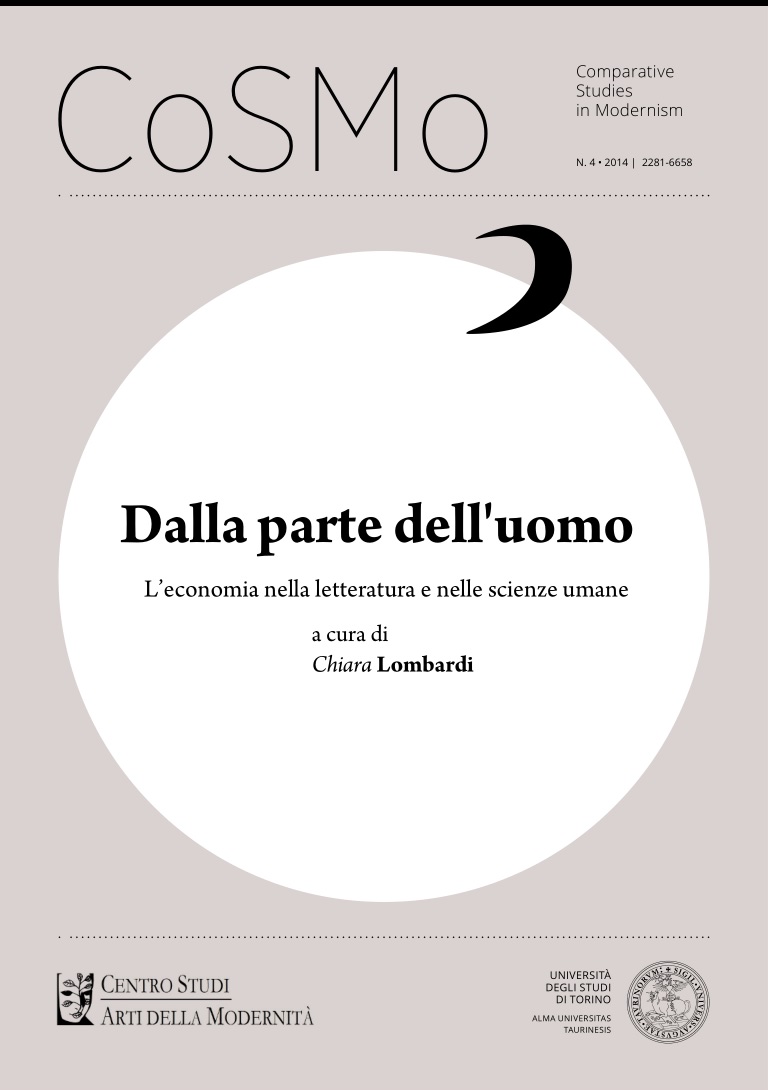L'analisi semiotica come ricerca empirica sul testo
DOI:
https://doi.org/10.13135/2281-6658/635Parole chiave:
Literature, Semiotics, TextualityAbstract
Empirical research on texts has become a central issue for contemporary semiotics ever since its theorists shifted their methodological approach from signs, codes or languages to texts. The former Saussurian approach implied an atomistic perspective tending to discover grammmars regulating combinations of separate units. On the contrary, the semiotics of texts focuses on the complexity of its object. Text is meant as a syntagmatic cut-out of any socially meaningful phenomenon. How does one decide how wide a text’s boundaries may be? What are the criteria one is to employ to decide about its pertinence? Studying texts empirically should concentrate on how they are construed and chosen, relying on reader/consumer’s response, trying to understand readers’ interpretive work. Reception theory may help only in so far as it is modified by time transformations, by the change in reading models, and by becoming a public reception theory, which always yields a further text, and always implies a comparison between the original text and the one produced by the audience.
Downloads
##submission.downloads##
Pubblicato
Fascicolo
Sezione
Licenza
Gli autori mantengono i diritti sulla loro opera e cedono alla rivista il diritto di prima pubblicazione dell'opera, contemporaneamente licenziata sotto una Licenza Creative Commons - Attribuzione che permette ad altri di condividere l'opera indicando la paternità intellettuale e la prima pubblicazione su questa rivista.







